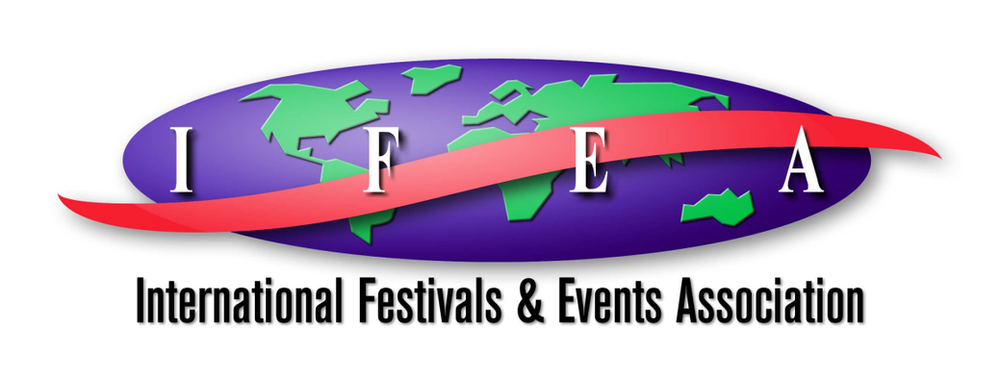As we continue to abide by the CDC’s recommendations and more local governments put regulations in place, it can be a confusing time for both event organizers and sponsors. One thing that is important to keep in mind is that this situation is rapidly changing as more news and information is available to the public and local governments adjust restrictions.
As a sponsorship agency we were seeing the following three responses from our brands:
1. Holding on Signing All Pending Sponsorships: The first and most common response we have seen is a hold on all pending sponsorships as brands try to find their footing and anticipate the economic impact they will face. This can be hard when you are trying to meet sales goals but try to think of this as a positive. This is not a “No”. Staying in contact with these prospective sponsors is key.
2. Canceling their Sponsorship Agreements: I can’t sugar coat it; brands are canceling their sponsorship agreements. There are several reasons this might happen prematurely from the cancelation of an event. It could be because they target an age group that is considered vulnerable, so they don’t want to be portrayed as irresponsible by partnering with a live event at this time. It might be that they have taken a huge financial hit and are trying to cut expenses everywhere. Although sponsorship cancelations are our fear, there is some solace to remember. If they cancel and the event hasn’t, there is a good chance you might still get to keep the sponsorship money. Make sure to double-check your agreement as most events have a no refund policy if the brand cancels. Now, whether your event keeps the money or refund’s it is up to you. Keep in mind it may affect future relationships with that sponsor. So be sure to assess the situation from all angles.
3. Willing to Move Forward but with a COVID-19 Clause: Currently, there is increased importance around contracts. The good news is that not all hope is lost, although it is at a much slower pace, we are still seeing brands move forward with sponsorships. Now they are taking a much closer look at clauses that deal with event cancellations. It’s highly recommended that every contract includes a plan of action regarding if an event is canceled or postponed due to COVID-19. This will allow sponsors to feel more comfortable with signing.
We decided to reach out to five of the brands we work with to gain insight into how COVID-19 is affecting their business, how they are dealing with it, and how it will affect the events that they work with. In order for these brands to provide candid feedback they asked that we share their answers anonymously but what we can tell you is our interviews were conducted with sponsorship decision makers in the beer, liquor, grocery, power and hospitality industries. After our frank conversations with the brands it became clear that there were three key themes, that emerged from their responses how they are handling new partnerships, current relationships, and the importance of communication from the event during this time.
Not Committing to New Events
The consensus from every company we spoke to was that they were not committing to any new events until more clarity on the future is given. It is hard to give a timeline on when they may be looking to sign new contracts since we do not know exactly when events will be able to resume again but the overall understanding was that once the mass gathering bands were lifted they would be able to resume commitments to events.
“We are still reviewing but not committing to anything until the global and local situation returns to normal or the “new normal” is established.”
Some are still reviewing proposals while others are not. Unfortunately, due to the ambiguity around the future, it is hard for them to commit but it still may be worth reaching out and at least starting the conversation. While not all are looking at new proposals, many of them expressed a continued commitment to their current partners.
“I imagine this will impact future sponsorship spends but I would only anticipate it affecting new relationships. We are committed to keeping the long-term partnerships intact”
Now with all that said, our agency has had luck working with new sponsors during this time who have verbally told us that once the ban’s are limited they are committed to signing or are willing to at least sign a letter of intent.
Continuing to Work with Current Partners
A lot of the feedback we received was regarding how brands are handling their current partnerships. Many expressed a strong commitment to working with them as much as possible.
“We are supporting events best we can in rescheduling and working with them to have the best experience for their patrons when things do return to normal.”
They are keeping track of the changing situation as best they can while also focusing on their own business. As events begin to reschedule or cancel, it is important that they communicate and provide updates as soon as possible.
“If events are looking to reschedule, they need to keep in mind the timing. There is going to be a large demand for already limited event resources. I suggest communicating with all sponsors and suppliers to ensure everything that the event needs to be successful will be available to them.”
The biggest fear was that events do not have a plan for the future. Because there is so much uncertainty, having multiple contingency plans and options is important. At this point, everyone should prepare for the worst, especially if their event is scheduled for the summer. There is no confirmed date on when mass gathering bans will end so it is a good idea to create multiple plans and establishing a timeline of when hard decisions have to be made.
“The other thing is that we’ve heard from some of the events we sponsor that they are moving ahead as if the event is going to happen, and when we press them on “what if” scenarios they come off like they don’t need them because their event is going to take place. This is off-putting because most of us in the business world are constantly dealing with situations that come up that impact our business and require us to make alternate arrangements or adjust our plans. What those kinds of responses tell me is that these folks don’t have a plan. That may not always be the case, but if someone can’t articulate their plans, whether that’s monitor and adjust or, we’ll cancel if it isn’t cleared up by X date, or whatever it is then that’s where you have the opportunity to create issues between properties and their sponsors. Another reason why communication is so important.”
Communication is key
Probably the most important theme we found from their responses was the emphasis on open and active communication. Even if an event does not have all the answers they need to reach out to their partners and have a conversation about the situation.
“Events should do their best to stay in contact with companies. Updates, even if they are negative will only help both parties move forward the best way possible. Lack of communication can be extremely frustrating and can impact future sponsorship opportunities.”
As mentioned before, having multiple plans of actions and communicating that with brands is very important for maintaining the relationship. It not only shows that the event is prepared but also that they care about their partners and are looking out for their best interests.
Overall, many brands are very conscious about the volatility of the current situation. They understand that it’s a rapidly changing environment and are committed to working with their current partners. Unfortunately, they are not looking to commit to new relationships, but some are still open to proposals. The most important thing is for events to have a plan (or multiple) in place and communicate that with current and future partners.
 This article was written by Teresa Stas and was originally published in the International Festivals & Events Association’s “i.e.: the business of international events” quarterly magazine May 2020.
This article was written by Teresa Stas and was originally published in the International Festivals & Events Association’s “i.e.: the business of international events” quarterly magazine May 2020.
The premiere association supporting and enabling festivals and events worldwide. For more information on the IFEA, go to www.ifea.com.



